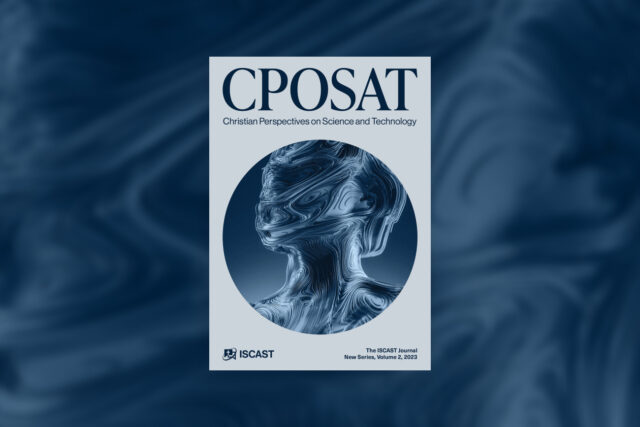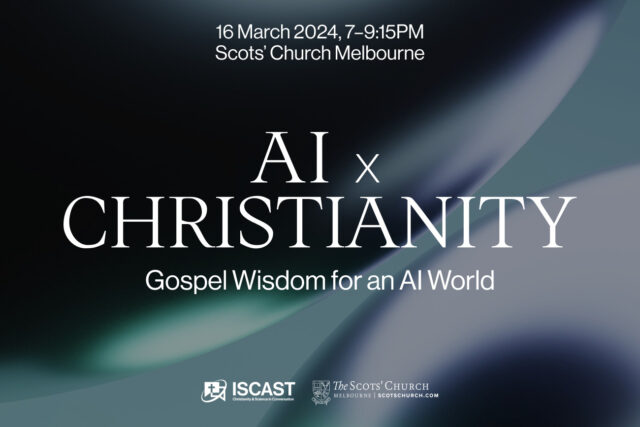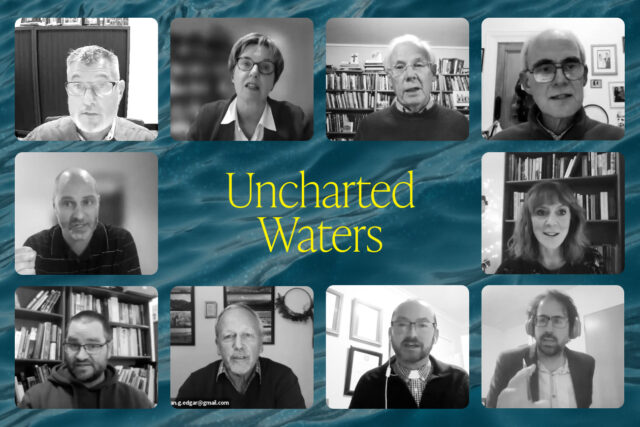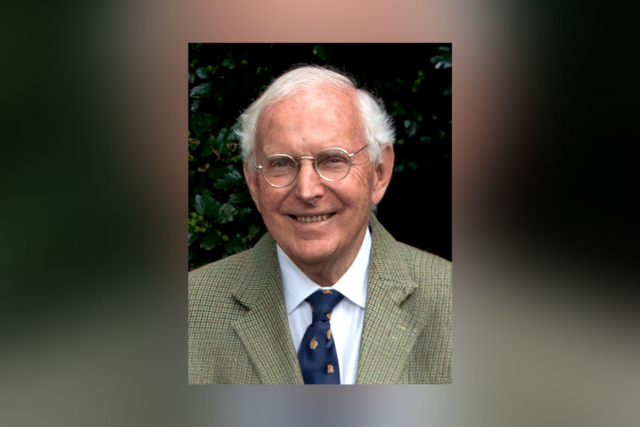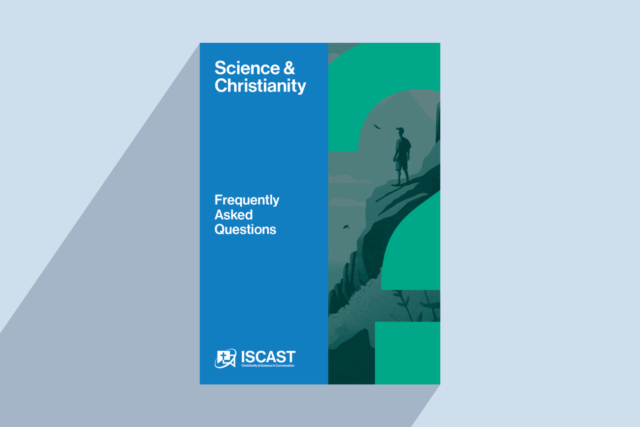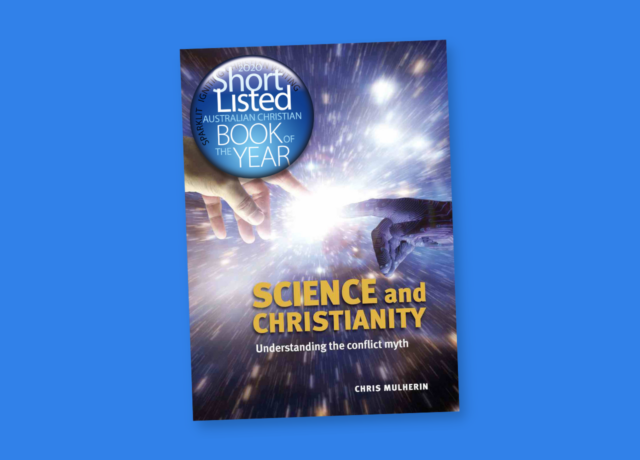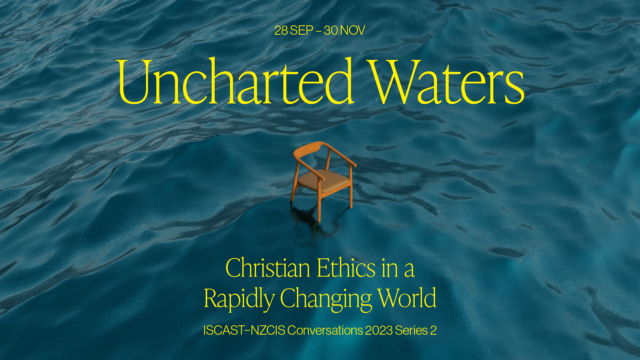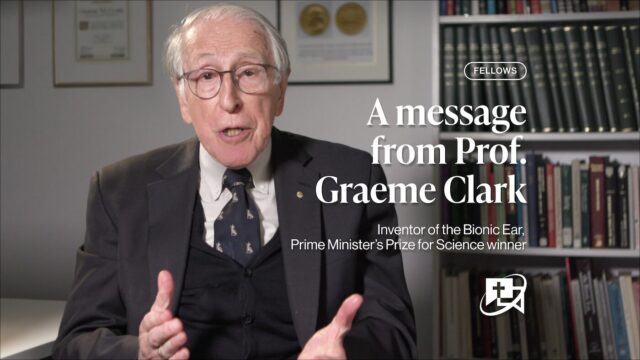


ISCAST fellow Ian Hore-Lacy spoke on scientism to Access Ministries school chaplains on 13/4/18 in Surrey Hills, VIC.
Scientism and its challenges
Notes of a talk given to Access Ministries school chaplains 13/4/18, Surrey Hills, VIC.
Ian Hore-Lacy on behalf of ISCAST
Scientism is a secular ideology and world view based on a view of the sufficiency of science to explain everything.
More formally: Scientism is a recognisable world view, involving an unrealistic notion of objectivity, together with determinism and autonomous human reason (Bruce & Coggins, 2001).
Richard Dawkins is a high-profile exponent of scientism. He is an eminent biologist and a popular-level book of his The Magic of Reality is a lovely view of the created world. On page 19 he summarises the scientism view:
We come to know what is real in one of three ways. We can detect it directly, using our five senses; or indirectly using our senses aided by special instruments such as telescopes and microscopes; or even more indirectly by creating models of what might be real and then testing those models to see whether they correctly predict things that we can see (or hear, etc), with or without the aid of instruments. Ultimately it all comes back to our senses, one way or another.
Does this mean … What about things like jealousy and joy, happiness and love? Are those not also real? Yes, they are real. But they depend for their existence on brains: human brains certainly and probably the brains of other advanced animal species.
So Dawkins goes beyond the tangible to the emotions and aesthetics at one level, but stops short of purpose and meaning questions, ignores ethics, and he also buckets the idea of anything supernatural.
It also asks us to accept that the world and its inhabitants are here simply by chance. To me, that is a strong statement of faith!
There is a fundamental category error in saying that because a mechanism is understood and explained, that means there is no agent who designed it.
Stephen Hawking, though professing atheism, made some relevant comments: “If the rate of expansion one second after the big bang had been smaller by even one part in a hundred thousand million million, the universe would have re-collapsed before it ever reached its present size”. So, “our universe and its laws appear to have a design that both is tailor-made to support us and, if we are to exist, leaves little room for alteration.”
And from someone more positive, Sir Fred Hoyle: “If this were a purely scientific question and not one that touched on the religious problem, I do not believe that any scientist who examined the evidence would fail to draw the inference that the laws of nuclear physics have been deliberately designed”
Francis Collins, Director of the Human Genome Project says: “There are 15 constants … that have precise values. If any one of those constants was off by even one part in a million, or in some cases, by one part in a million million, the universe could not have actually come to the point where we see it. Matter would not have been able to coalesce, there would have been no galaxy, stars, planets or people.” Collins’ book The Language of God is a wonderful and gentle apologetic from one who was an atheist until his early 20s.
Romans 1:20 is important: God’s nature can be discerned from what he has made, leaving us without excuse for not connecting the dots by intuition.
Dawkins’ best known book is The God Delusion, which exposes his ignorance of Christianity. It provoked many responses, and one I commend is The Dawkins Delusion, by Alister McGrath, who has PhDs in both biology and theology. It is a wonderful introduction to several fields of apologetics.
But apart from critiquing scientism head-on, could I commend a different approach, which actually undergirds the whole development of science historically?
If we believe that God created the world and cosmos, and if we also believe that he in some sense wrote the Bible, then we need to be very clear that science, which explores and progressively understands God’s creation, can never fundamentally disagree with the Bible. If any disagreement is apparent between science and our understanding of the Bible, then we have either the science or the hermeneutics wrong—maybe both.
This is the “two books” concept of some antiquity, but it’s really just common sense unless we think God is deceitful or incoherent. The book of nature and the book of Scripture complement one another. Science reads the book of nature, hermeneutics unpacks the Scriptures. There is epistemological coherence. However much or little you understand about science, I suggest that coherence should be a very firm and clear conviction! It frees you to be open-minded on subsidiary questions, such as “Was Adam an individual or did Adam represent a wider group when God acted to create humankind in his image?”
That firm epistemological position also frees you from trying to reinterpret the Bible in the light of science, or science in the light of the Bible, generally doing violence to both. They are parallel accounts—the Bible telling us about God’s purposes for us and the meaning of life, in a wide variety of literary forms, and science telling us about the mechanisms of how he created and now sustains. There is no ground for calling science atheistic—it has no competence to get into metaphysics in any way at all.
Or coming back to science: Science tells us how the universe works, the Bible tells us why science works. It’s interesting that Dawkins is on record as saying of the big bang origin of everything some 13.6 billion years ago: “There must have been a cause.” And Genesis 1:1 tells us that cause: “In the beginning God created … the heavens and the Earth.”
For further reference:
ISCAST: https://iscast.org for science-faith issues
Chapter 1 of the second (Kindle) edition of my book: Responsible Dominion:
Chapter 12 on “Forming a Christian Mind” of pastoral book Down to Earth Discipleship: http://www.downtoearthdiscipleship.com/chapter12.html

